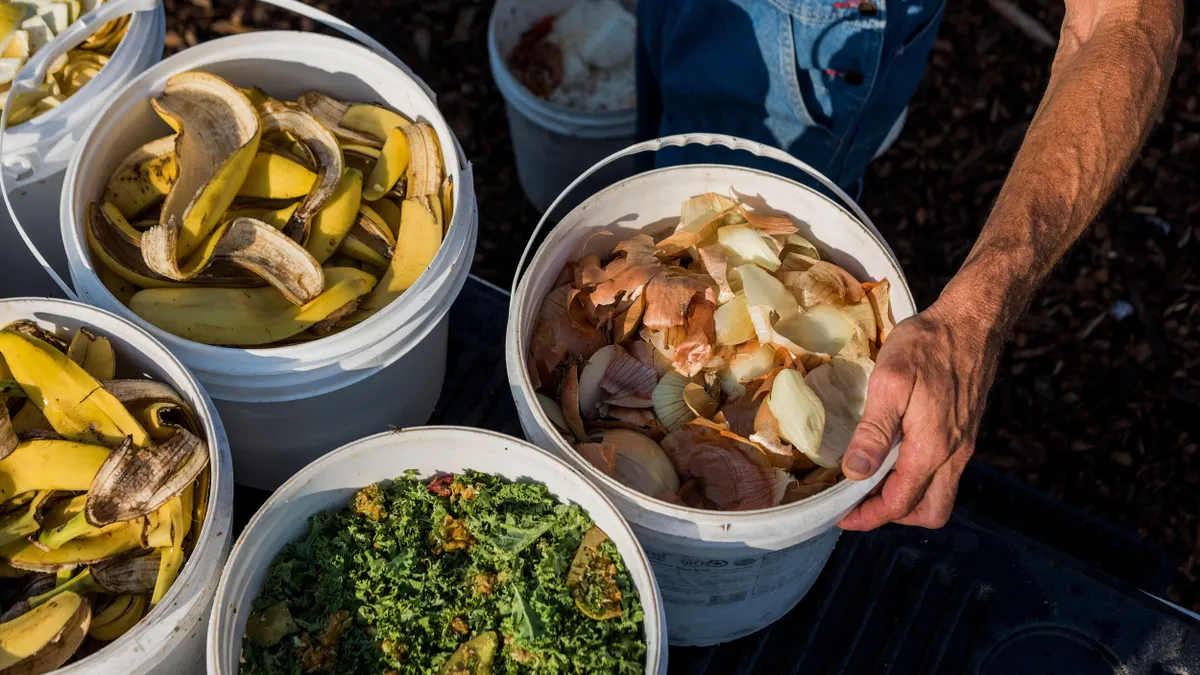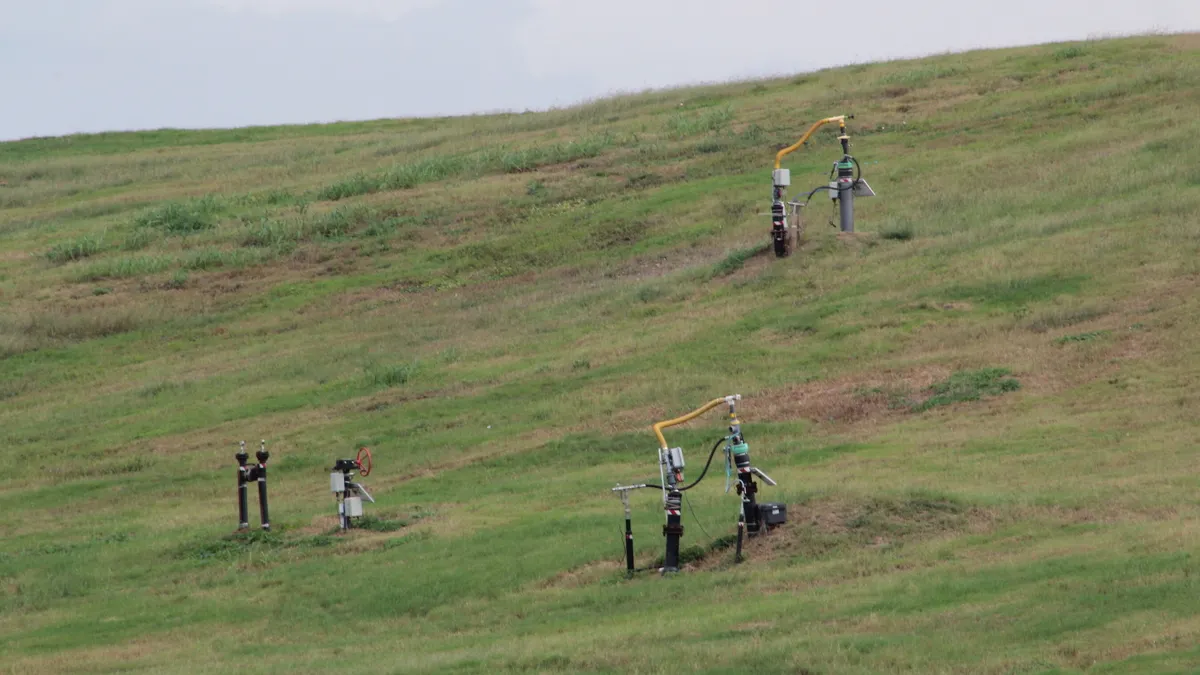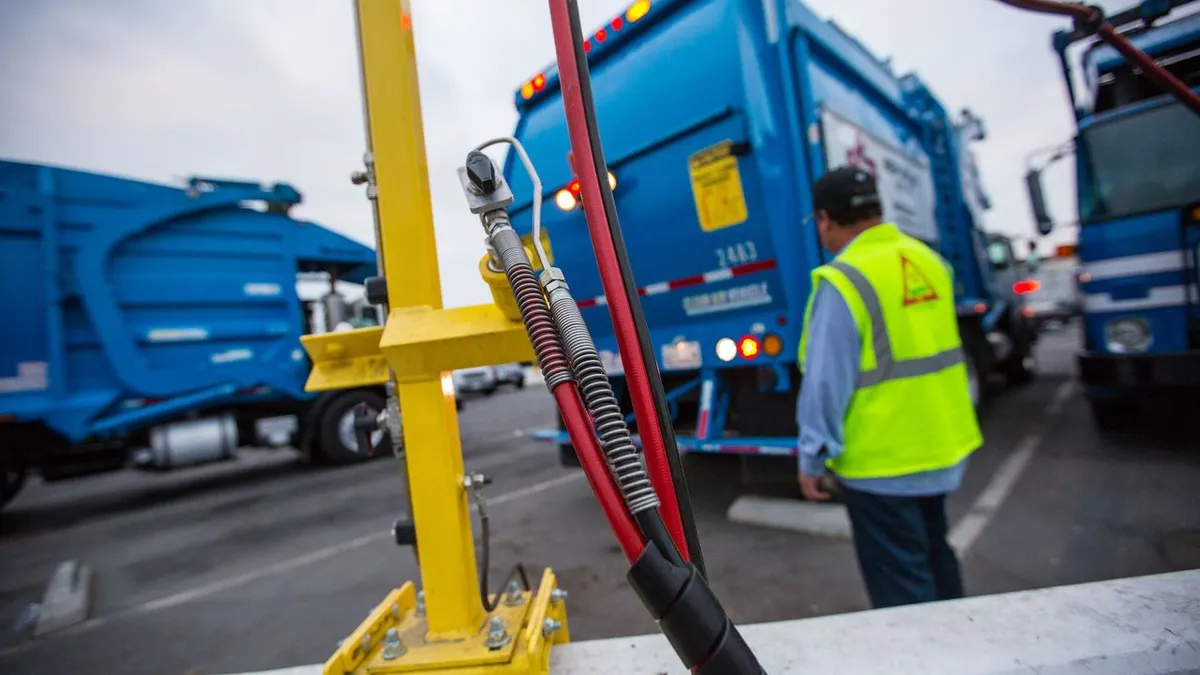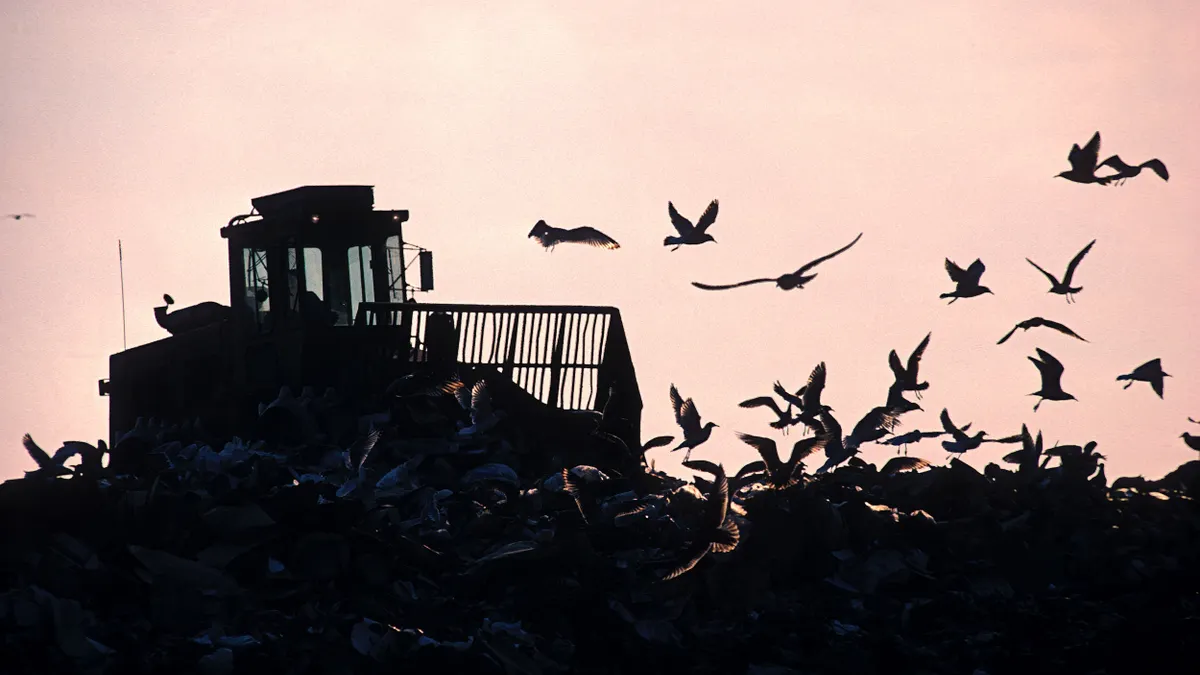Jeff Paine, co-founder of Break It Down Composting, insists his Texas business has been misrepresented by local officials.
Break It Down, which has served the Austin metro area since 2009, had plans to open a new composting facility on a 56-acre property in Lee County, roughly 50 miles east of Austin. But the facility drew strong opposition from local officials and residents, who attended public meetings to oppose the business over concerns about groundwater and air pollution.
Those concerns eventually found their way to the Texas state legislature, which passed a bill that only allows composters to build facilities in counties that have an explicit community composting ordinance. Senate Bill 2078 is now set to go into effect without the governor's signature on Sept. 1.
Paine insists that the planned composting operation, which he said would have taken two to three acres total out of the lot, would have had minimal impact on the surrounding community. But he also acknowledges that he was able to do only minimal outreach to the community in order to change the narrative about composting.
"They've never spoken to us about our plans out there. They don't even understand what we're trying to do," Paine said. "We just had no bandwidth as a small business to understand how to talk to them."
‘A tough year in Texas’
Austin isn't just the political center of Texas, it's also a hot spot for composting within the state, Paine said. Business has grown steadily over the last 15 years, and Break It Down is now approaching 1,200 customers. Break it Down predominantly serves commercial customers, but has added roughly 400 new multifamily accounts over the last eight months thanks to changing diversion requirements in Austin.
In October, a municipal law requiring multifamily buildings with five or more units to connect residents with commercial composting services went into effect. With the increase in organic feedstock has come a need for more processing capacity, though, creating tension between neighbors and composters.
Travis County, which includes the city of Austin, considers composting facilities to be categorically the same as other kinds of solid waste facilities for site permit purposes, and thus has strict rules regarding their placement. That’s made locating a new facility difficult for compost businesses in the area, according to Paine.
To avoid those restrictions, Break It Down purchased the Lee County lot last year. State Sen. Lois Kolkhorst was among the local officials strongly opposing the facility, saying “our rural land will not be overrun and potentially harmed because of mandates by urban communities.”
The Texas Composting Council is the U.S. Composting Council's second largest state chapter, boasting about 50 members. But the national organization lent its support to Texas composters this legislative session as they faced several bills that would have limited composters' ability to do business in the state, some of which were sponsored by Kolkhorst.
The U.S. Composting Council was successful in blocking a bill that would have set strict PFAS limits for agricultural products derived from materials like sewage sludge that it believed could have applied to composters. It also defeated a bill co-sponsored by Kolkhorst that would have allowed public officials whose district includes a proposed compost facility to demand a public hearing.
But the organization ultimately could not stop SB 2078.
“This was a tough year in Texas for composting,” Linda Norris-Waldt, the new executive director of U.S. Composting Council, told Waste Dive.
Moving forward
The industry avoided most immediate impacts. Existing composting facilities that serve the Austin area, including those run by Organics By Gosh and Texas Disposal Systems, can continue to operate, according to Paine. Neither business responded to requests for comment about how the new law would affect future operations.
Break It Down will also be able to continue operating at its current composting facility within Austin city limits. The five-acre lot still has space for growth, Paine said. But he worries that the increasingly strict siting limitations will make it impossible for small to medium-sized businesses like his own to find a place to compost. That could lead to a future where only the owners of landfills, usually large haulers, have suitable space to compost.
”If there's enough political pressure on Break It Down or on any of these other small haulers, or basically just too many challenges to be able to grow and evolve, then what you would ultimately expect is just all that service to end up being run by one of the big national waste hauling companies,” he said.
Paine also believes the Texas Commission on Environmental Quality will ultimately permit Break It Down to compost at the Lee County site, saying there's nothing in the current regulations that should prevent the business from operating there.
Break It Down has experimented with various alternative processes for the organics it receives. Paine had hoped to trial animal feed at his Lee County facility, and has toyed with dehydration and other technologies. But with the potential for a drawn out legal process in Lee County, he's weighing his next move carefully.
"We're not a huge company, so at some point you have to ask is it worth it or not," Paine said. "It doesn't feel good to be bullied ... Nevertheless, you have to be pragmatic when that's happening.”



















